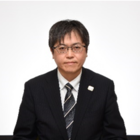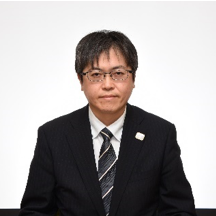Current Status of and Outlook for National Policies and Measures for the Promotion of Cultural Programs in conjunction with the Holding of the 2020 Olympic and Paralympic Games
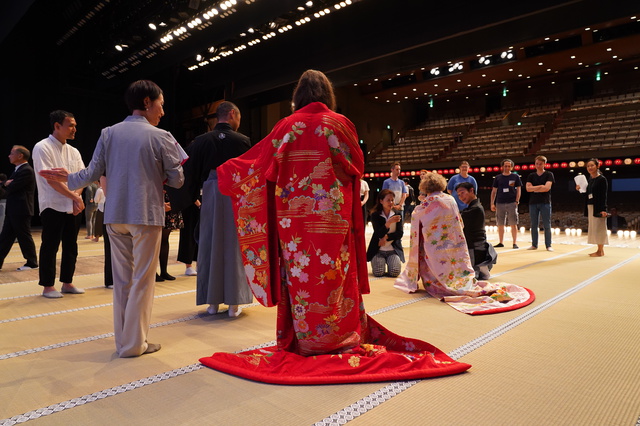
1. Background for preparing the 2020 Tokyo Olympic and Paralympic Games as a Cultural Festival
The decision to bid for the holding of the 2020 Olympic and Paralympic Games in Tokyo was made in September 2013. Six years have passed since then, leaving less than ten months until the Olympic opening ceremonies.
In the 2015 Basic Policy for Promotion of Measures for Preparation and Management of the 2020 Tokyo Olympic and Paralympic Games, which was approved by the Cabinet in 2015, it was emphasized that the Games are not only a festival of sports, but also one of culture, and that Japan has a diverse culture ranging from traditional arts to modern performing arts, as well as a variety of arts which make use of cutting-edge technology. In addition, it declared: “Through such diverse culture, including the promotion of cultural programs, we will foster momentum for the Games throughout Japan, as we utilize the “display window” of Tokyo, spread the appeal of Japanese culture to the world, and make connections to countryside and regional revitalization. Further, in regards to the promotion of art for those with disabilities, in order to spread their works of art, created by making use of their personalities and talents, to the world, and from the perspective of realizing a symbiotic, inclusive society, we will promote cultural activities for persons with disabilities as we approach the Games.”
Subsequently, under the Liaison Committee Among Relevant Ministries and Agencies on Measures to Foster Momentum for the 2020 Tokyo Olympic & Paralympic Games Through Culture (Chair: Head of the Cabinet Secretariat Headquarters for the Promotion of the Tokyo Olympic and Paralympic Games), the government has promoted cultural programs not only in Tokyo but throughout Japan, in cooperation with organizations such as the Olympic Organising Committee and the Tokyo Metropolitan Government.
2. Basic Policy for Cultural Administration and the 2020 Tokyo Olympics and Paralympics
On the one hand, the 2020 Tokyo Olympic and Paralympic Games are seen as a major opportunity as a guide for cultural administration as a whole. Outlined below are activities undertaken following the bid decision.
<1>Basic Policy on the Promotion of Culture and the Arts (4th Basic Policy)
The Basic Policy on the Promotion of Culture and the Arts (4th Basic Policy), approved by the Cabinet in May 2015, stated that the 2020 Tokyo Olympic and Paralympic Games would be taken as a unique opportunity to make a great contribution to the world through culture and art as we show the world the culture and attractiveness of Japan. It also declared that following the Rio Games, cultural programs would be promoted throughout the country, in cooperation with local governments and artists nationwide.
As an example, for the London Games (2012), starting in 2008, four years before the Games, cultural programs were introduced to showcase a diversity of culture and attractions, including music, theater, dance, fine art, film, and fashion.
Japan, too, learning from such examples, and in order to spread the effects of the 2020 Tokyo Games not only throughout Tokyo but to the rest of the country as well, decided to carry out initiatives for experiencing local culture across Japan, by utilizing opportunities such as cultural programs with the cooperation of local governments and artists throughout the country.
<2>Revisions to the Basic Act on the Promotion of Culture and the Arts & the Formulation of the Basic Plan on the Promotion of Culture and the Arts
In June 2017, a fundamental law for promoting culture and art, the Basic Act on the Promotion of Culture and the Arts, was revised, becoming the Basic Act on Culture and the Arts.
As Japan’s birthrate declines and its population ages, and as its society becomes ever more globalized, the hosting of the 2020 Tokyo Olympic and Paralympic Games, which also function as a cultural festival, is an important opportunity to showcase the value of culture and art to the international community at large. Thus, the Act was revised, with the aim of realizing “a nation of culture and art,” and to create new value in culture and art through tourism and city development.
Based on the Basic Act on Culture and the Arts, and in order to promote comprehensive and systematic measures related to culture and art, the Cabinet approved the Basic Plan on the Promotion of Culture and the Arts: Creating the Future by Making Full Use of the Diverse Values of Culture and the Arts (applicable period: a five-year plan starting FY2018) in March 2018. In conjunction with the holding of the 2020 Tokyo Olympic and Paralympic Games, this basic plan called for a variety of cultural programs to be developed in Japan and overseas, strategically and positively spreading Japanese culture while promoting international cultural exchange and cooperation, and aiming to contribute to mutual understanding and national branding through culture and art.
3. Systematic Frameworks for Promoting Cultural Programs for the 2020 Tokyo Olympic & Paralympic Games
Next, I would like to summarize the current status of specific initiatives for cultural programs.
<1> Frameworks for Certification of Cultural Programs
The Tokyo Organising Committee of the Olympic and Paralympic Games (hereinafter “the Organising Committee), the host city of Tokyo, and the national government have each launched systematic frameworks for the certification of cultural programs, from their respective positions.
In October 2016, the Organising Committee began a certification system (Official and Support Programmes) for its Tokyo 2020 Cultural Olympiad; the government also began certification through its beyond2020 program starting in December of the same year.
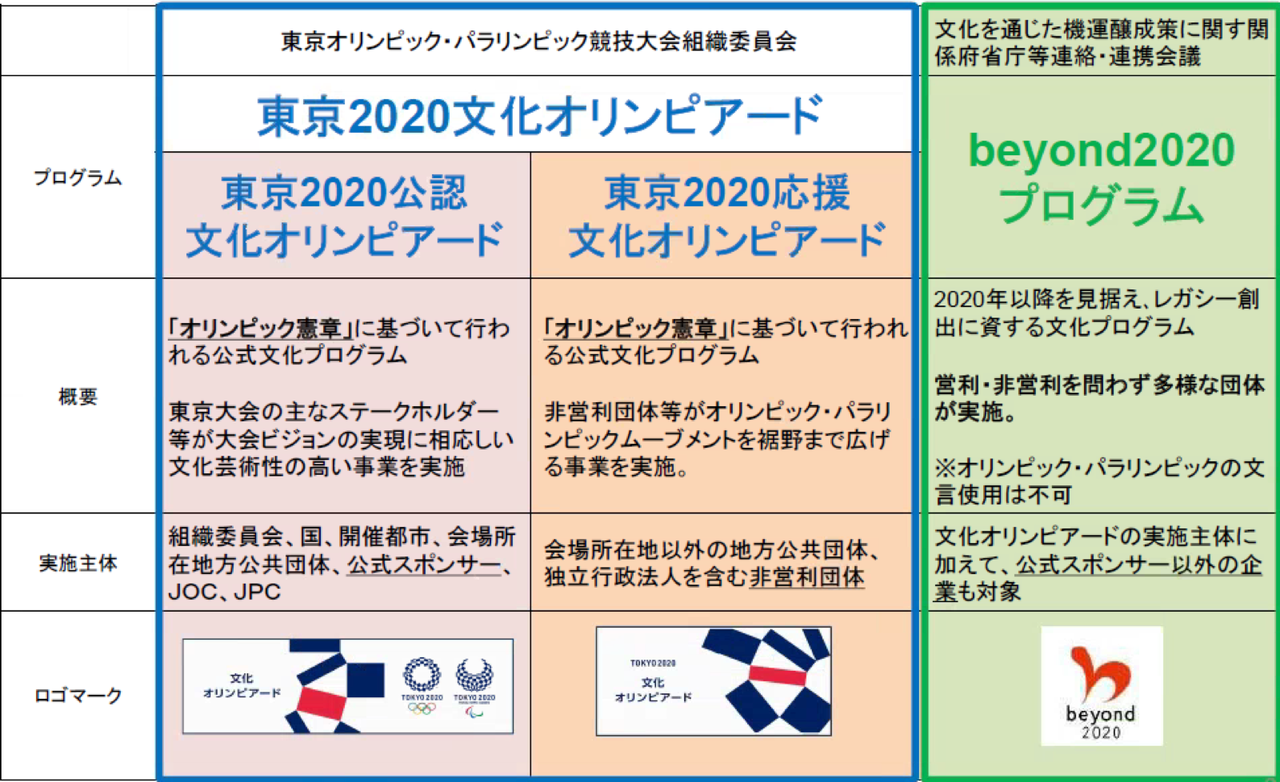
As a more central framework for cultural programs, Tokyo’s Tokyo Tokyo FESTIVAL began an open call for participants starting in February 2018, and the Japan Cultural Expo, implemented nationwide as a government initiative with the Agency for Cultural Affairs as the overall lead organization, began its open call and selection process in March 2019. The Organising Committee is also implementing the Tokyo 2020 NIPPON Festival (to be held from April to September 2020).
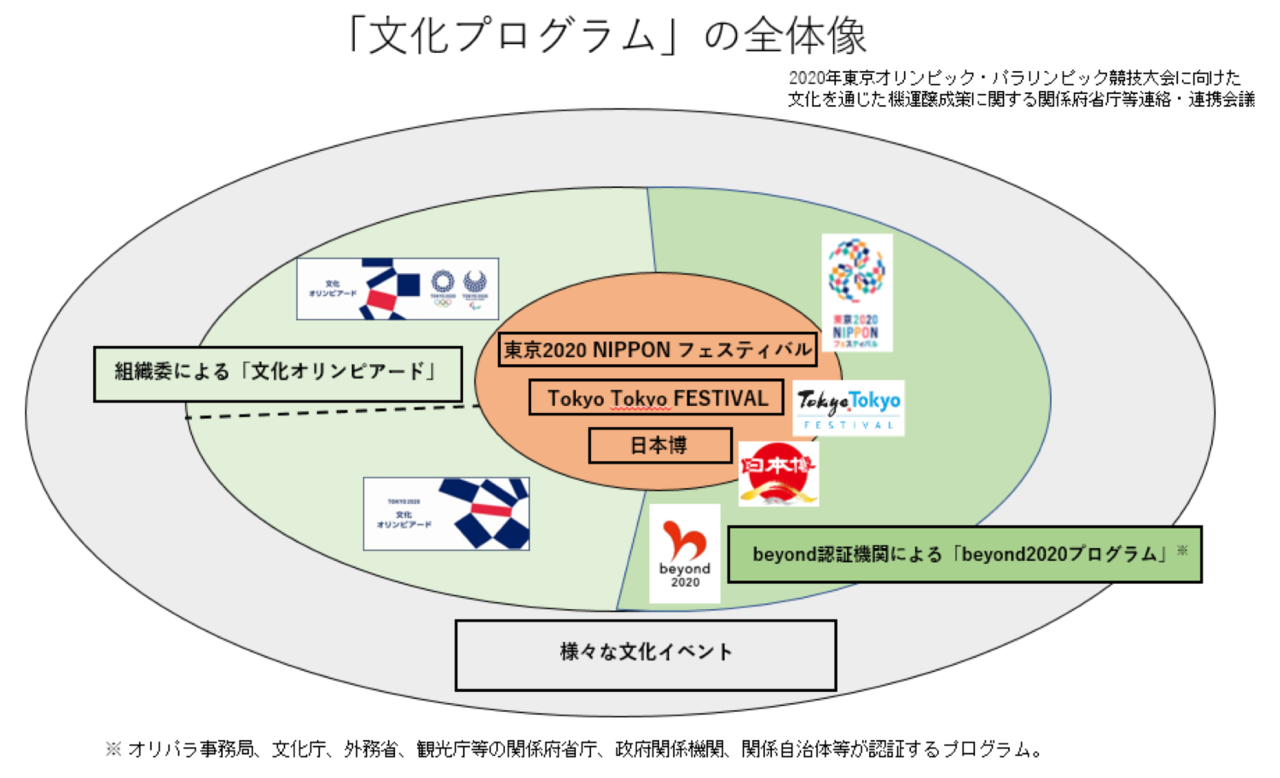
Cultural programs are currently being promoted in accordance with these frameworks for certification. Among them, efforts by the government are being made from the perspective of promoting cultural programs nationwide, which are introduced below.
<2> Government Efforts (To Build Momentum for the Spread of Culture Nationwide)
① The beyond2020 Program
With the aim of the continuous promotion of the spread of culture throughout Japan, using the 2020 Tokyo Olympics and Paralympics as a springboard, the beyond2020 certification program is being carried out for projects by more diverse entities (a wide range of groups, regardless of profit or non-profit status, including companies other than official Olympic/Paralympic sponsors and local governments other than those of the host city).
With the Cabinet Secretariat Headquarters for the Promotion of the Tokyo Olympic and Paralympic Games at its center, the beyond2020 program, certified by related ministries and agencies such as the Agency for Cultural Affairs, the Ministry of Foreign Affairs, and the Tourism Agency, as well as government agencies and related local governments, specifically requires activities to include: 1) efforts to spread the appeal of Japanese culture, and 2) efforts to remove barriers for people with disabilities and/or language barriers for foreigners. As of September 27th, 2019, the number of certifications reached 13,843, and has been steadily increasing since the certification process began.
② The Japan Cultural Expo
In parallel with the efforts of the beyond2020 program, which has broadened its base by allowing a variety of entities to participate, and as a core undertaking among the cultural programs, the Japan Cultural Expo, a large-scale national project, is also being held, concentrating the collective efforts of relevant government agencies, local governments, cultural facilities, private organizations, and other related parties, with the Agency for Cultural Affairs playing a central role.
Under the general theme of Humanity and Nature in Japan, the goal of the Japan Cultural Expo is to share the beauty of Japan, continuing from the Jomon period to the present day, both domestically and overseas, over a variety of areas, including Art and Cultural Treasures, Performing Arts, Media Arts, Lifestyle Arts, Literary Arts, and Music, Food Culture and Nature, Design and Fashion, Inclusive Society and Coexistence of Cultures, and Disaster Recovery.
As it utilizes the various cultural tourism resources boasted by each region, including disaster-stricken areas, and by being held throughout the year all across Japan (*), the Expo seeks to draw visitors, including foreigners coming to Japan, to local areas, establish national branding, and expand inbound tourism during and after the 2020 Tokyo Olympic and Paralympic Games.
(* The Japan Cultural Expo does not center on one exposition held at a single venue. Cultural programs that have been adopted and approved by local governments, cultural facilities, private companies and other things organizations, etc. will be held in various parts of Japan at various times as part of the Japan Cultural Expo.)
As the core undertaking of cultural programs, the Japan Cultural Expo selects cultural and artistic projects that are representative of Japan, screening and evaluating them from a variety of standpoints, including their originality and novelty, effective use of cultural and artistic resources, and ingenuity in their efforts to stimulate the promotion of inbound tourism.
While the Japan Cultural Expo is focused on 2020, it will also be widely held in the period before and after, and projects have already begun this year. In March 2019, a ceremony for the launch of the Japan Cultural Expo was held, and the logo for the Expo was announced.
As of the end of September 2019, more than 290 Japan Cultural Expo projects with the support of various businesses have been adopted and certified. Since the Expo, to be implemented mainly in FY2020, will be making selections with the next year’s budget, the total number of such projects is expected to increase further in the future.
< Examples of Cultural Programs >
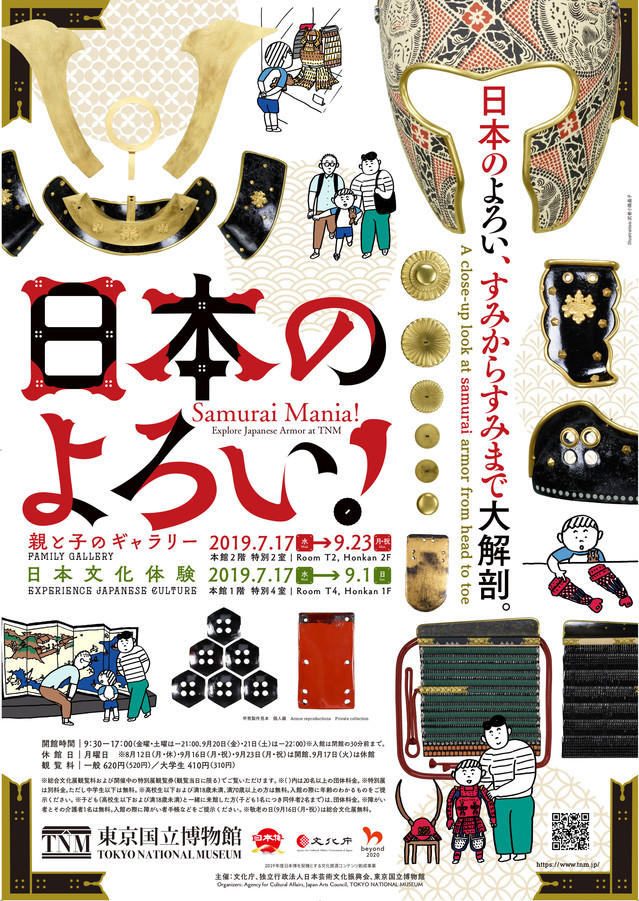
Experience Japanese Culture: Samurai Mania!
This program reproduces Japanese armor with natural materials such as leather and lacquer, and features a hands-on exhibit of reproductions alongside real Azuchi-Momoyama period armor, as well as a try-on experience.
※This exhibition has already ended.
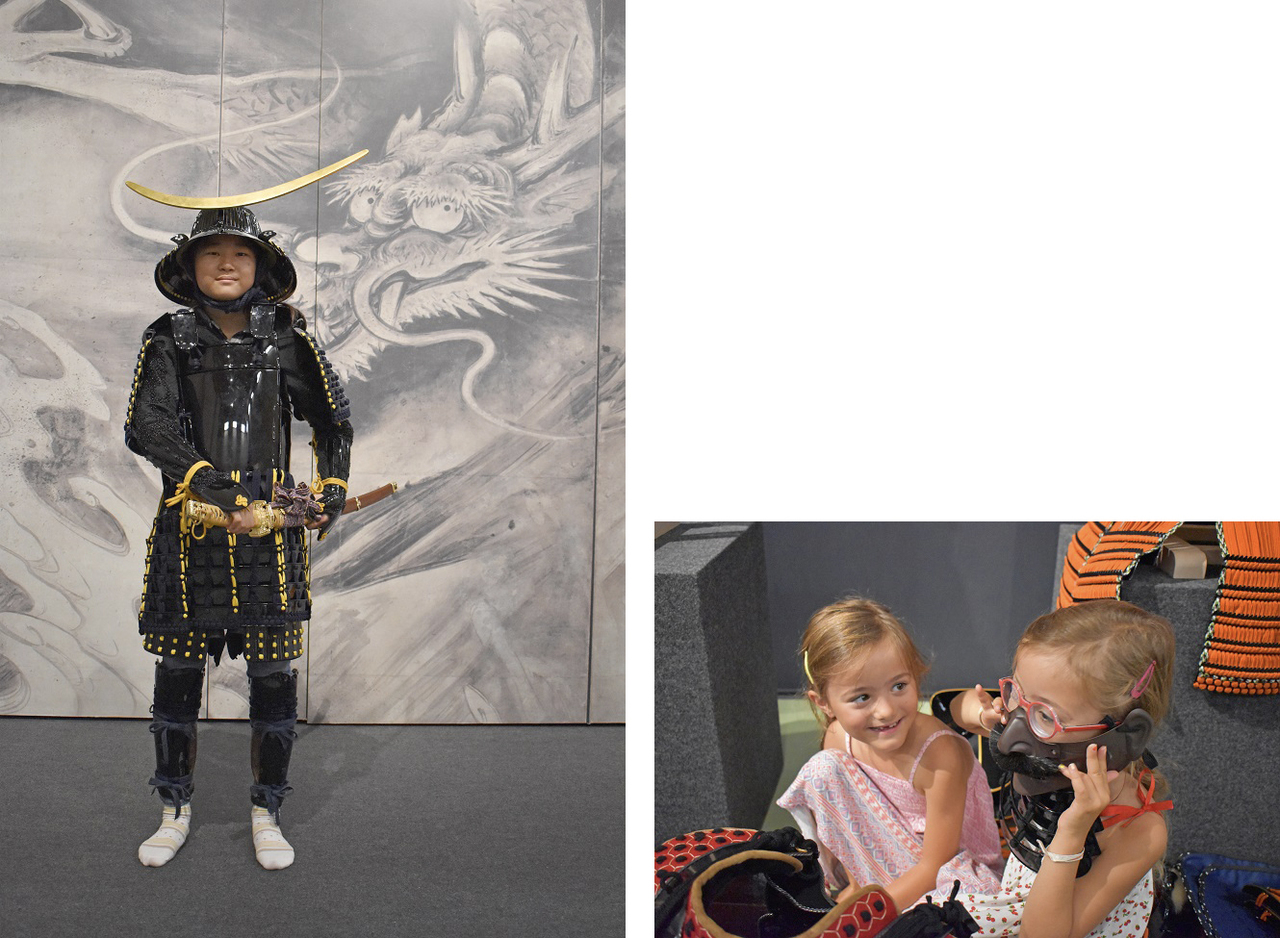
Trying on armor was quite popular with children.
Credit: Japan Arts Council
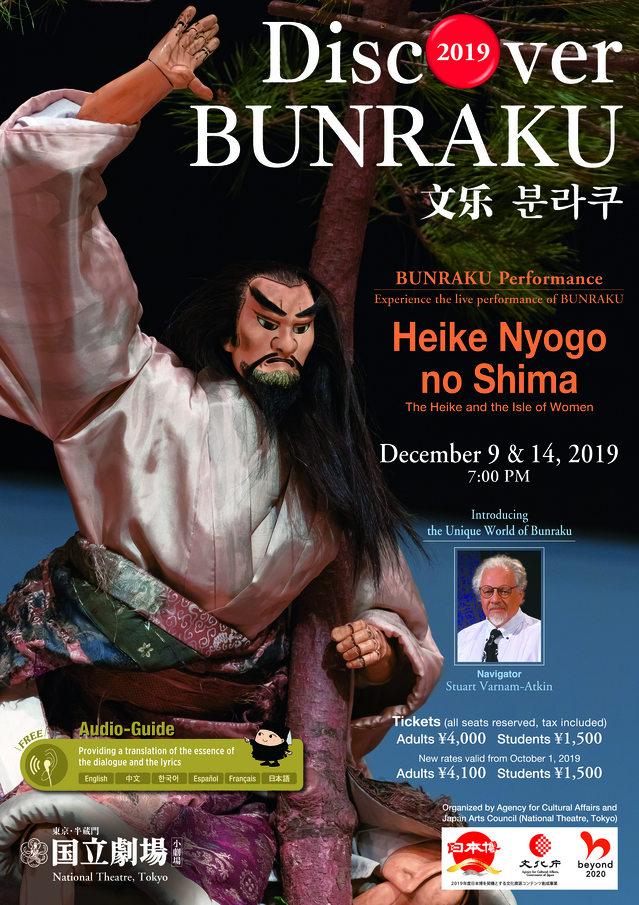
Discover BUNRAKU: A Bunraku Appreciation Class for Foreigners
An introductory performance of Bunraku for foreigners, with commentary. Similar performances are also being held for Kabuki, Noh, and Kyogen.
<3> Establishing a System of Coordination for Cultural Programs
As previously mentioned, the government (the Cabinet Secretariat Headquarters for the Promotion of the Tokyo Olympic and Paralympic Games, the Agency for Cultural Affairs and others), the Tokyo Organising Committee of the Olympic and Paralympic Games, and the Tokyo Metropolitan Government are each promoting frameworks for certification of cultural programs from their respective positions. Since close collaboration among them is necessary for the promotion of the programs, the issue of coordination was addressed at the aforementioned Liaison Committee Among Relevant Ministries and Agencies on Measures to Foster Momentum for the 2020 Tokyo Olympic & Paralympic Games Through Culture. Further, from April 2018, aiming to foster unity and momentum at the working level and improve cultural quality , a Cultural Program Liaison Committee was established with the goal of building a legacy following the Games, and five working-level meetings to promote coordination have been held to date.
4. Promotion of Cultural Programs: Current State and Issues
Programs that have been adopted and certified within various frameworks have been emerging, and in particular, I believe that awareness among those in culture-related businesses has been on the rise. On the other hand, at present, awareness among those outside of culture-related businesses is not high by any means.
To succeed in fostering momentum through culture, it is important not only to improve the number and quality of cultural programs, but to increase the number of visitors and participants, and to create the sort of excitement that bubbles up in everyday conversation.
Therefore, the greatest challenge from here on out will be how to communicate information about the cultural programs being held or performed and how enjoyable they are, as well as to carry out promotions that make those who are not usually as interested in cultural programs interested and willing to participate in them. Promotion of the Japan Cultural Expo, for example, is now expected to begin in earnest as we head into 2020.
In terms of communicating information about the cultural programs, a portal site called Culture NIPPON, currently operated as a trial run by the Agency for Cultural Affairs, now allows various businesses to independently register information on the performance and holding of cultural projects, thus building an online environment for anyone to be able to browse within it.
The total number of cultural programs registered on the site at the end of September 2018 was about 10,000, but it saw a significant increase by September 2019 to 19,000 registered programs, and the average number of pageviews has also risen dramatically. The Agency aims to improve the usability and awareness of the site, in order to create a portal site that is widely known and utilized.
5. Future Prospects
The Tokyo Organising Committee of the Olympic and Paralympic Games, the city of Tokyo, and the national government, as well as the various businesses that are implementing each cultural program, are taking this opportunity to work on promoting cultural programs through trial and error. I believe that this experience will become an asset for establishing a nation of culture and art as a true legacy of the Olympics and Paralympics.
Additionally, in 2020, the actual number of cultural programs will be at its highest ever in Japan, with a great number of high-quality cultural programs to be held. From now, we aim to strengthen their promotion and make these programs widely known. We hope that by rediscovering the attractiveness of Japanese culture, the companies and individuals who participate in cultural programs on this occasion will sincerely want to participate again in other cultural programs, or to attend cultural programs in other localities. We hope that the momentum of participation will increase nationwide.
(October 15th, 2019)


